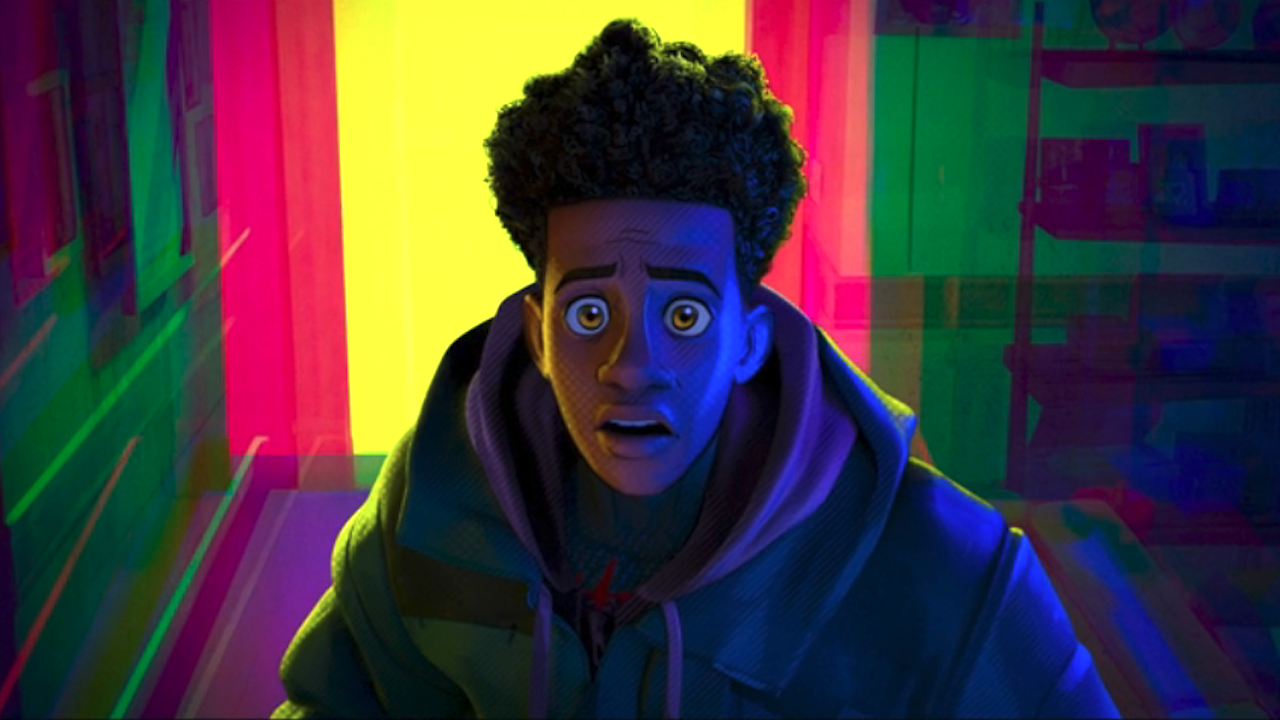Decision To Leave Ending Explained: How It Gets To The Final Choice
It's not what's said. It's what's done.
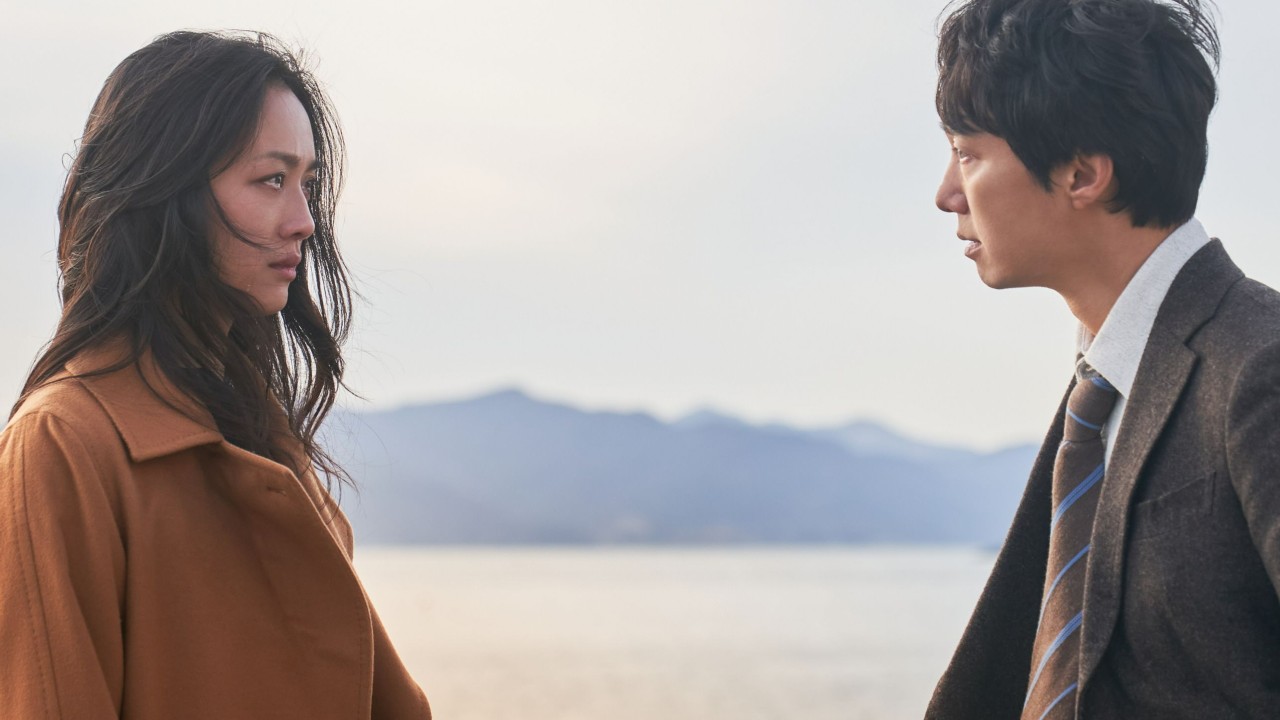
Your Daily Blend of Entertainment News
You are now subscribed
Your newsletter sign-up was successful
Decision to Leave creates a haunting love story that’s both profoundly beautiful and mesmerizingly tragic. The Decision to Leave ending leaves viewers aimlessly digging for more. It sparks conversations and begs for in-depth analysis.
Park Chan-wook’s latest film premiered in the US in October. It’s been making its way around the festival circuit by appearing at the Toronto International Film Festival, Chicago International Film Festival, Fantastic Fest Film Festival, and many more. The film has also been shown in limited theaters across North America.
And as of December 9, the movie can be found streaming on Mubi. (Find it streaming here.)
Decision to Leave was one of the highly anticipated upcoming movies because of Park Chan-wook’s reputation as an enchanting and exciting filmmaker. Its bending of genres—sometimes it's one of the great psychological thrillers and other times one of the great romance movies—makes it a must-watch film.
Let’s dive into that Decision to Leave ending.
Warning Decision to Leave Spoilers Ahead. Proceed with caution.
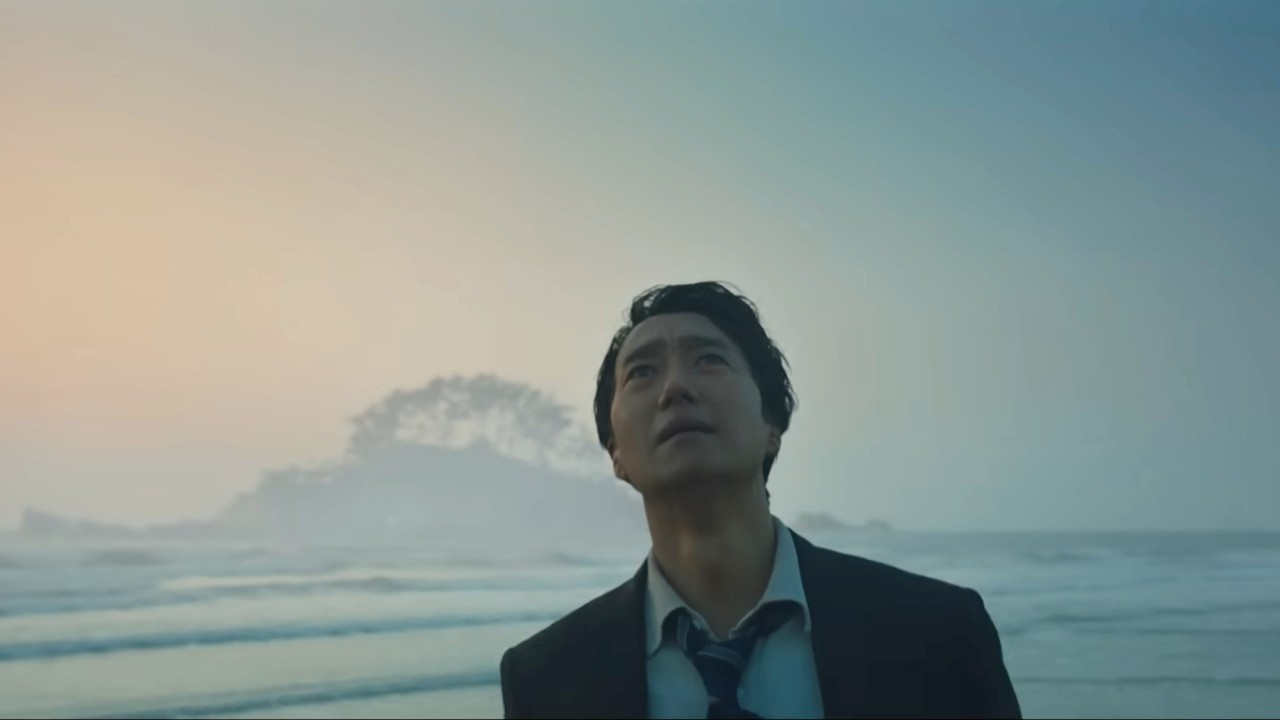
What Happened At The End Of Decision To Leave?
After Cheol-seong aka Slappy (Seo Hyun-woo) confesses to the murder of Ho-shin (Park Yong-woo), Hae-jun (Park Hae-il) realizes Seo-rae’s (Tang Wei) involvement in her husband’s murder. She kills Slappy’s mother so that he will seek revenge on Ho-shin.
Your Daily Blend of Entertainment News
Hae-jun calls Seo-rae to confront her about the murder. She admits everything and says that Ho-shin heard the recording of him confessing his love for her. This confuses Hae-jun because he never confessed to loving her.
Seo-rae drives to a beach and begins to dig holes in the sand. Meanwhile, Hae-jun finds her abandoned car and plays the recording. It’s from the night when he confronts Seo-rae about killing her first husband. On the audio recording, Hae-jun gives her instructions to dispose of the evidence, including to throw the phone deep in the sea where no one will find it.
On the beach, Seo-rae stands in one of her sand holes as she waits for the tide to wash in and bury her in the sand. Hae-jun finally arrives on the beach calling Seo-rae. He searches and searches until he repeats his own instructions about burying the phone so deep in the sea that no one can find it. Then he continues to search for her.
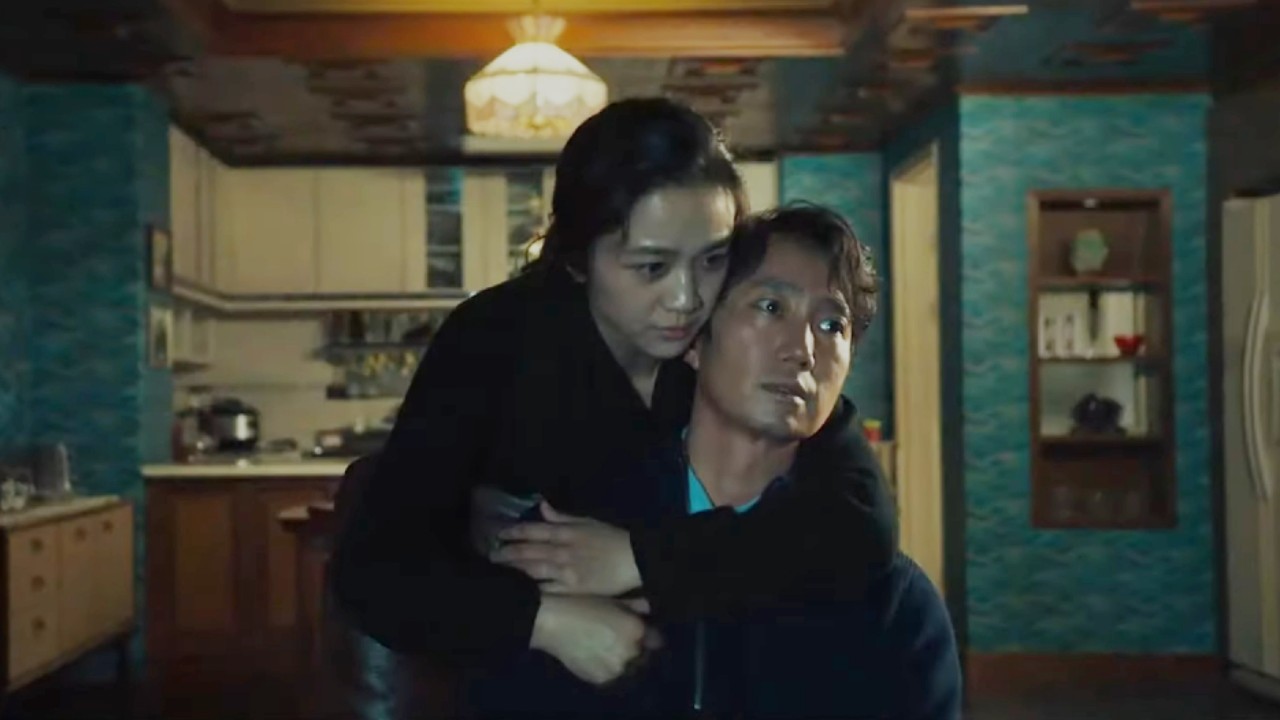
How Hae-jun Tells Seo-rea That He Loves Her
In an interview with the Los Angeles Times, Park Chan-woo said that his goal in making Decision to Leave was “to make a love story that does not say the words, ‘I love you.’’ The film is all about what’s not said but observed. During the scene where Hae-jun confronts Seo-rae about killing her first husband, he brings up how she complimented him on his honor. He equates that to the way he conducts himself as a police officer.
Park also told The Guardian that he wanted to create a police officer free of the hardness that we often see in films about law and order. He took inspiration from the Martin Beck detective series.
Hae-jun’s identity is very much wrapped up in his ability to do his job well and with honor. He’s a police officer free of corruption until he falls for Seo-rae. He’s so infatuated with her that he ignores evidence pointing to her involvement in the crime. He then commits the ultimate sin as a law enforcer, he aids her in covering up the murder.
Hae-jun tells her how to destroy evidence. Sacrificing everything he holds dear (his pride, integrity, honor, confidence, effectiveness, etc.) to protect her, it’s the ultimate act of love. He doesn’t have to say I love you. His betraying his own sense of self makes an even more powerful statement of love than the phrase ‘I love you.’
It may take a while for Hae-jun to connect this action as a declaration of love, but Seo-rae sees and understands it.
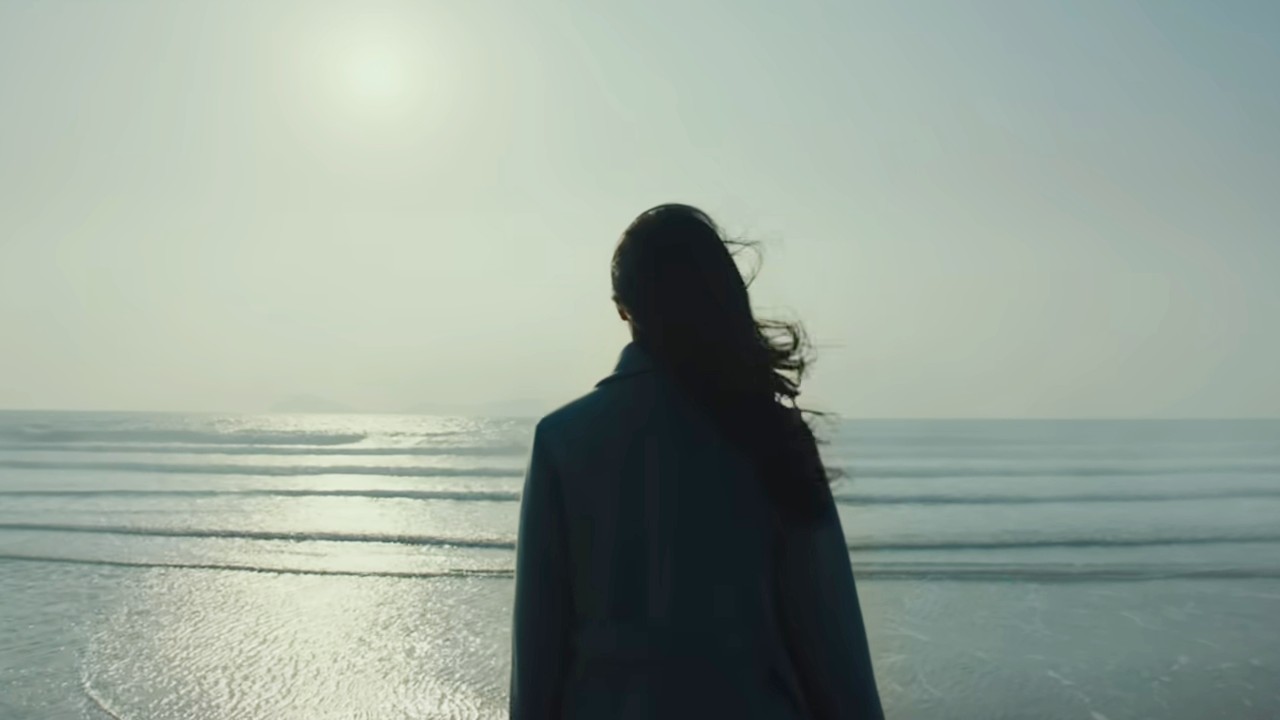
Why Seo-Rae Makes The Decision To Drown
One of the major themes in a Decision to Leave is restraint. The characters hold themselves back from saying or acting on their true feelings. Seo-rae’s final act is another example of restraint coming into play. She methodically plans her death. The moment she arrives in Ipo, it’s all part of a larger plan to die.
She also picks a way to die that involves patience. She must sit and wait for her fate, instead of taking a quick or more dramatic death.
At one point in Decision to Leave, Seo-rae tells Hae-jun that she has come to Ipo to become one of his unsolved cases. By being buried in the sea, it’s a call back to him telling her to throw the evidence somewhere no one will ever find it. It also makes her forever an unsolved case. He likely will never find her body. Therefore, he will continue to wonder if she ran off somewhere or died.
In many ways, her remaining an unresolved case is her way of saying I love you back. She never wants him to forget her. She wants to always occupy his mind and memory. Sometimes love is most momentous when it’s unforgettable.
Drowning also allows her to finally escape.
She has now committed four murders. Despite loving her, Hae-jun seems destroyed by the fact that he let her get away with murder. It’s highly unlikely that he would let her get away with it twice. If he arrests her, he condemns her to imprisonment. Hae-jun would also probably remain haunted by this choice. There is no happy ending for them, and Seo-rae will not have freedom while she is alive.
In an EW interview, Park Chan-wook had this to say about Seo-rae’s final decision to leave:
I don't want the audience to think that Seo-rae sacrificed herself to prevent a man from ruining his career or his marriage, that she disappeared for the man. Instead, she has chosen a personal way for herself, and this is her method of liberation and to attain freedom for herself. That's how I want the audience to think of the ending.
Seo-rae isn’t dying to free Hae-jun, but to free herself. She also wants to leave him forever haunted by his love for her.
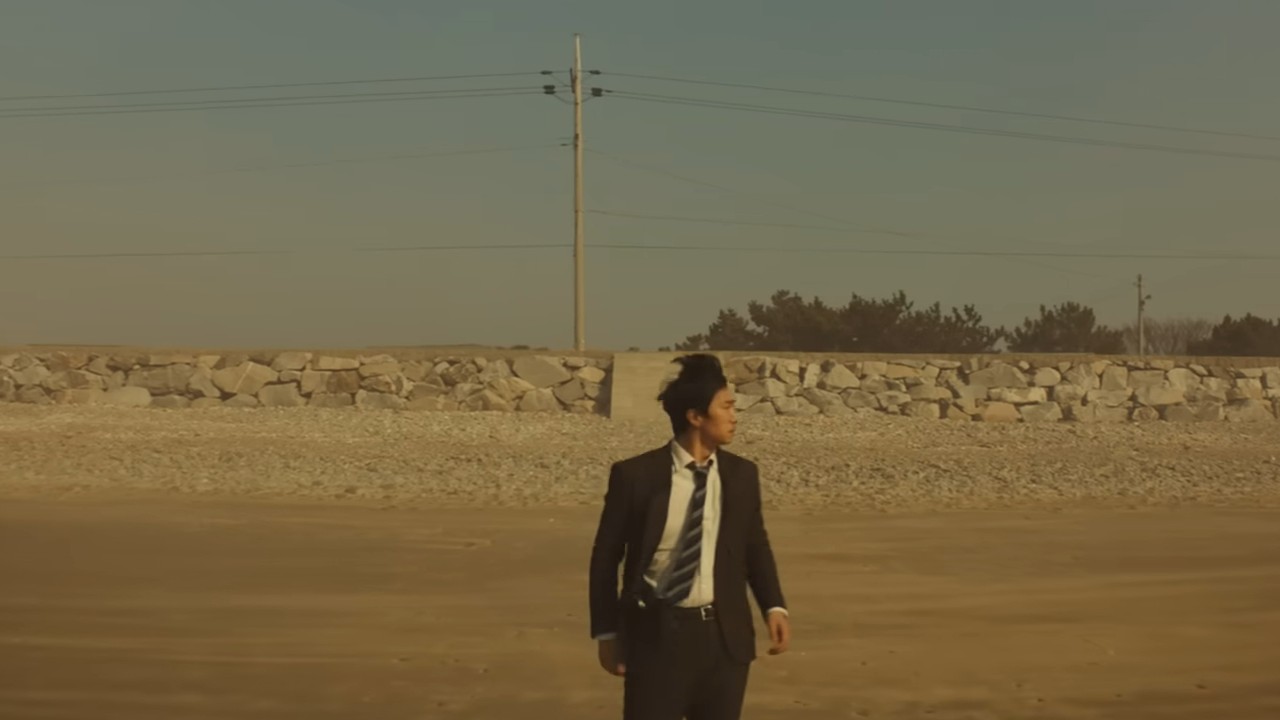
Love And Obsession In Decision To Leave
Obsession and love are intertwined in Decision to Leave. Many great film love stories involve some level of obsession.
Hae-jun and Seo-rae share a passionate obsession with each other, but maybe at different moments in their relationship. Towards the Decision to Leave ending, Seo-rae tells Hae-jun that when his love died, hers began. I don’t think either character ever stopped loving the other, but, I think she didn’t realize that her feelings for him were genuine until he decided to leave her and tell her how to bury the evidence.
One of the reasons why I believe that they’re so obsessed with each other is because both aren’t sure how the other feels. He doesn’t know if she’s trying to manipulate him to get away with her crimes. At the beginning, that plays a part in their interactions. She knows he loves her, but doesn’t know if he can love her. She says as much when they’re on the mountain together. Men like him won’t love her.
He then proves this by showing that he can’t let go of the suspect and police officer dynamic.
In another Los Angeles Times article, Park Chan-woo points out that when someone first falls in love, they look for evidence that the person loves them back. Part of their obsessions and voyeuristic approach to their relationship is the desire to understand one another. They need to know each other so intimately and deeply that they understand them in a way no one else does.
Some of the greatest movies about love are also stories of intense desire and loss of sanity because of a mutual (or one-sided) obsession.
Fully falling for someone involves a little bit of obsession and madness. It’s when it takes over one's life that it becomes a problem. Both Seo-rae and Hae-jun let their obsession and love for one another overpower them. However, he is the only one who will forever remain obsessed and in love with her. She frees herself from that cycle of longing.
The Decision to Leave ending wraps up the film in a messy bow that feels fitting for the story and true to Park Chan-wook’s aesthetic and filmmaking style.
Decision to Leave does so much right, including creating an unforgettable ending. It is one of Park Chan-wook’s best films.
Stream Decision to Leave on Mubi starting December 9.

Spent most of my life in various parts of Illinois, including attending college in Evanston. I have been a life long lover of pop culture, especially television, turned that passion into writing about all things entertainment related. When I'm not writing about pop culture, I can be found channeling Gordon Ramsay by kicking people out the kitchen.
